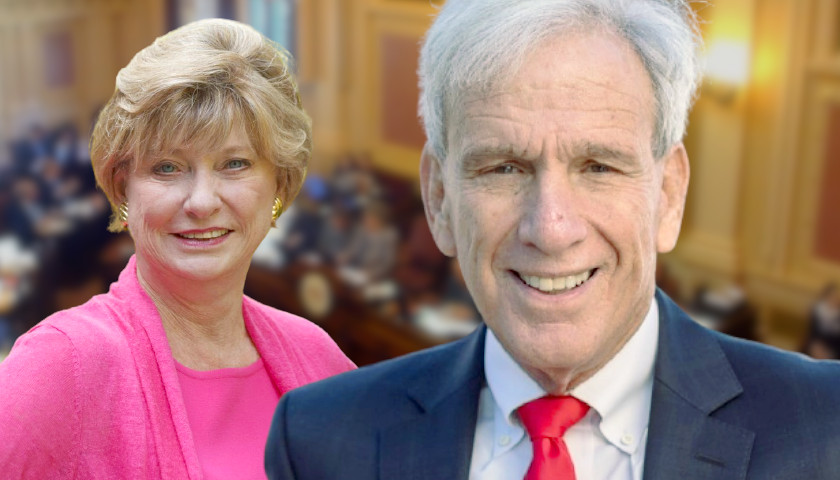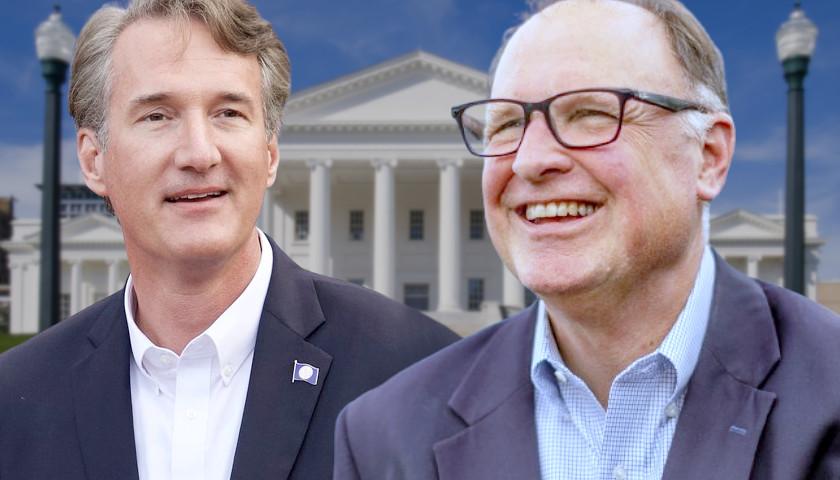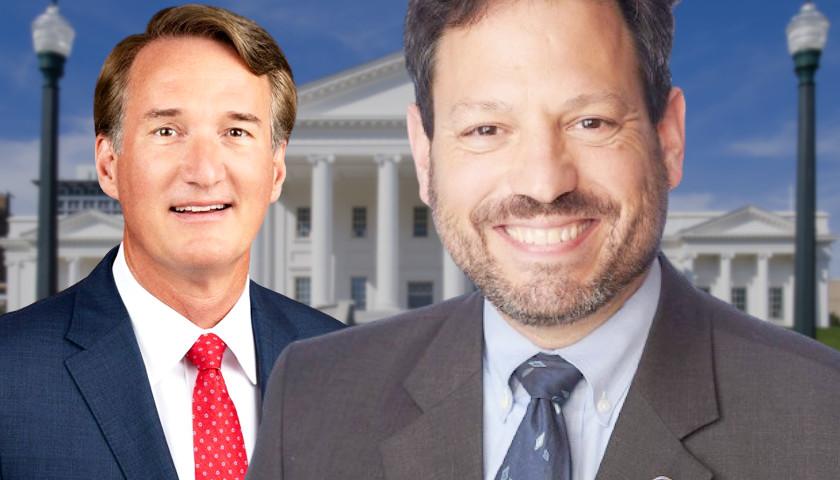Senate Majority Leader Richard Saslaw (D-Fairfax) and Senator Janet Howell (D-Fairfax) helped Republicans kill Senator Joe Morrissey’s (D-Richmond) SB 109, which would have expanded parole eligibility from people who were juveniles when sentenced to people under 21. Parole has been a key target of Virginia Republicans and tough-on-crime policy is a priority for them as they try to roll back criminal justice reforms passed by Democrats in previous years. Saslaw’s Thursday vote came the day after a committee meeting where he appeared flexible on instituting some mandatory minimums, also a Republican goal.
“Senate Bill 109 expands juvenile parole. During the 2020 General Assembly session, you all recall Senator Marsden’s bill that was Senate Bill 103 that allowed individuals who were sentenced as juveniles, and who have served 20 or more years, to be eligible for parole. That’s now the law. Senate Bill 109 expands the definition of juvenile and it changes it to youthful offender, which allows individuals who were 20 years of age or younger and who have served twenty years to become parole eligible,” Morrissey explained to the Senate Judiciary Committee on January 17.
Several people spoke in favor of the bill during public comment, and a representative from Attorney General Jason Miyares’ office spoke against it. Saslaw voted with Republicans in committee to kill the bill, but it passed to the Senate floor, eight to seven.
On Thursday, Saslaw and Howell voted with Republicans, defeating the bill 19 to 21.
Saslaw didn’t comment in either the committee or on the Senate floor about the bill.
Saslaw Supports Mandatory Minimums for Mass Murder
On January 19, Saslaw appeared willing to help Senator Bill Stanley (R-Franklin) pass a bill instating some mandatory minimum sentences, which are opposed by many Democrats and proponents of criminal justice reform. Stanley presented SB 79 to the judiciary committee, which would create a mandatory minimum life sentence for anyone over 18 convicted of a Class One felony.
“Senator [Scott Surovell (D-Fairfax] and I worked of course in a bipartisan fashion with the ending of the death penalty in the Commonwealth of Virginia. However, we disagreed, not sharply, but we disagreed on the term of imprisonment that should be imposed if Class One felony murder is determined and the defendant is found guilty. This is my attempt again to try to strike reason and balance in the fact that we have eliminated the death penalty here in the Commonwealth of Virginia,” Stanley said.
Stanley said that people convicted of Class One felony murder “should spend the rest of their lives incarcerated and never see freedom again.”
Saslaw and Stanley clarified that currently, life without parole only applies for people convicted of killing a police officer.
“I would be willing to accept a modification for a Timothy McVeigh-type situation, multiple murders,” Saslaw said. “The only thing is once you start down this, and this is just my opinion, then people will be coming in every year. Like I said, the exception I’d be willing to make would be for mass murderers.”
“If the definition of mass murder is two or more, or three or more, I’ll offer up that amendment,” he said.
Stanley said he was willing to work with Saslaw to amend the bill, and asked to have the bill hearing postponed for the week.
“Or my good friend Scott Surovell can just kill it right here and I’ll be back next year with the same thing,” Stanley said.
Surovell then motioned to pass by the bill indefinitely, effectively killing it.
“Listen, I appreciate all the love and dialogue going on here, but we debated this ad naseum last year, and to revisit a policy that just went into effect six months ago is something we normally don’t talk about, number one. And number two, I’d just say to Senator Saslaw in my experience nine times out of ten, when somebody commits mass murder, a United States attorney usually takes that over. The federal government has a way of dealing with those situations as opposed to them being something a Commonwealth’s attorney ends up dealing with,” Surovell said.
Saslaw voted with Republicans to not kill Stanley’s bill, but the bill was defeated nine to six.
Surovell and Stanley: Saslaw Not a Liability for Democratic Criminal Justice Policy
On Friday, The Virginia Star asked Surovell if Saslaw is a risk for Democrats on criminal justice policy.
“Senator Saslaw has always been more law-and-order oriented than the caucus in general, but he also voted for all of our reform measures so I’m not worried,” Surovell said.
Stanley told The Star, “I think he’s [Saslaw] always been a very thoughtful legislator when it came to the death penalty and certainly accountability for criminal behavior. That’s not something new for him, although he did change his position on the death penalty when it was abolished last year.”
He said Saslaw’s support for mandatory minimums for certain extreme murders wasn’t inconsistent with his previous policy.
“I don’t think he’s a liability for them, he’s just Dick Saslaw. And Dick Saslaw is going to say what he thinks and he’s going to do what he says when it comes to voting,” Stanley said.
“I know I’ll bring the bill back next year, and I hope that there’s somebody up there who’s reasonable, or trying to be reasonable like Senator Saslaw,” Stanley said. “The issue here right now is, even though they have a 21-19 majority, they have overloaded these committees to favor Democrats, so you can have a Dick Saslaw or anyone else who might have a contrary view to one of the liberal agenda items when it comes to criminal justice reforms that the Democrats have. But they still have an overwhelming number so they can lose one or two votes on those committees and still have their liberal agenda prevail, or kill one of our commonsense criminal enforcement reform bills.”
– – –
Eric Burk is a reporter at The Virginia Star and The Star News Network. Email tips to [email protected].
Photo “Dick Saslaw” by Dick Saslaw. Photo “Janet Howell” by Janet Howell. Background Photo “Virginia Senate Chamber” by Waldo Jaquith. CC BY-SA 2.0.





